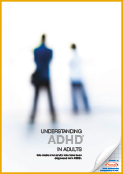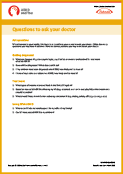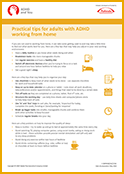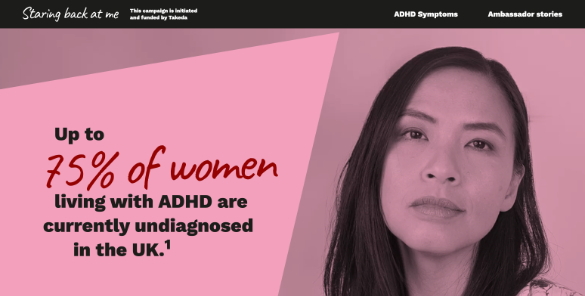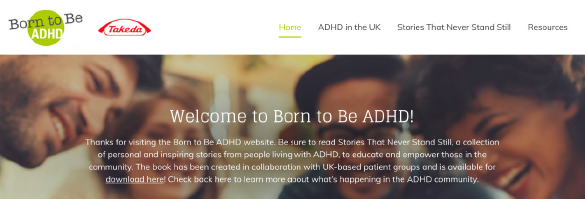There is no one test for ADHD so your doctor may use a variety of methods during your assessment for ADHD. You may be asked about your life and the challenges you face, your childhood, your family and your physical health, and your doctor may speak to your family or friends (with your permission).
You may be asked to complete a questionnaire (also called a rating scale) to help assess your symptoms and how they affect your life. Some of the names of these rating scales are the ASRS (Adult ADHD Self-Report Scale) and the DIVA (Diagnostic Interview for ADHD in Adults).
When you talk to your doctor about ADHD, it is important for you to describe your experiences and how this is impacting on your life. You can take the
Might Be ADHD test to help you quickly and simply determine if you may have adult ADHD. Complete and take the form to your doctor to discuss your results.
We have created a discussion guide
Questions to ask your doctor to help you start the conversation with your doctor and to help you be prepared for the questions he or she may ask you in return.
Your doctor will use all this information to diagnose ADHD according to established criteria. There are two internationally recognised systems for diagnosing ADHD and these describe ADHD as a persistent pattern of inattention and/or hyperactivity-impulsivity that interferes with functioning or development and causes you difficulties in more than one area of your life (e.g. both at work and at home).
Following your diagnosis of ADHD, you may have mixed feelings. You may have struggled with the symptoms of ADHD for a long time, so being diagnosed offers an explanation for the problems you may have experienced throughout your life. Hopefully you can now focus on moving forward by understanding your symptoms, accessing the help you need, and identifying and building on your individual strengths.
You may have previously been diagnosed with another condition or this may be the first time you have talked to a doctor about your problems. Sometimes the ADHD has been hidden or masked by other conditions. These include major depression, anxiety, bipolar disorder and personality disorder. Some of the symptoms of these conditions overlap with those of ADHD. It could be that all the symptoms are caused by ADHD or it could be that more than one condition is present.
Your healthcare team will work with you to find strategies to manage your symptoms.




